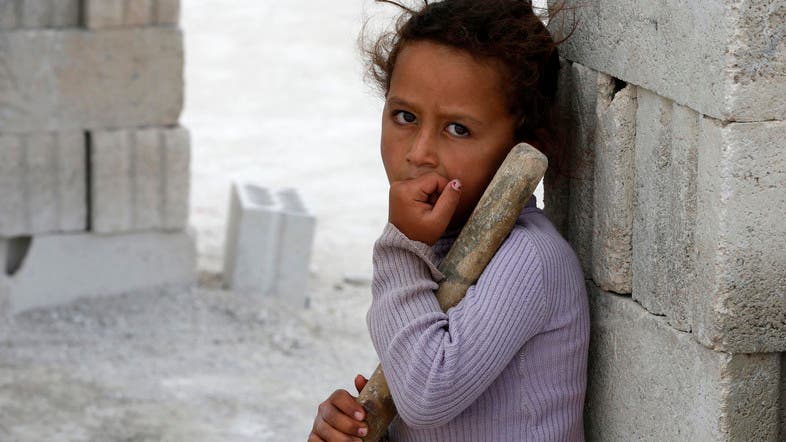When the peaceful uprising against Syrian President
Bashar al-Assad turned bloody more than two and a half years ago, Egypt was a
welcome safe haven for fleeing Syrian refugees. The welcome was short
lived however when the host nation descended into turmoil of its own and
quickly morphed into a hostile environment for refugees, experts said.
On
Dec. 2 the United Nations High Commissioner for Refugees (UNHCR) held a press
conference at its Cairo headquarters to discuss the current status of Syrian
refugees in Egypt.
During
the conference, activists noted that Egyptian hospitality and sympathy towards
Syrians had dwindled after July 3 when Egypt again fell to chaos which resulted
in the ousting of its second elected president in two years.
The
number of Syrian refugees registers or awaiting registration in Egypt as of
September 2013 was 125,000, according to the U.N. High Commissioner for
Refugees. But more than 300,000 Syrian refugees are estimated to be residing in
Egypt.
Following
Muri’s ouster, there was a media campaign accusing Syrian refugees of
supporting the Muslim Brotherhood and of attacking those are against Mursi.

Controversial
TV presenter Tawfiq Okasha gave Syrians a 48 hour ultimatum to stop supporting
the Islamists or face deportation, according to the International Federation
for Human Rights.
“There
has been a big shift in the politics, in the procedures, and in public
sentiment towards the refugees,” Tamara Alrifai, advocacy and communications
director for the Middle East and North Africa division of the U.N. High
Commissioner for Refugees, told Al Arabiya News.
In
July, the military-backed interim government tightened visa regulations for
Syrians, trying to control the influx of refugees.
Syrians,
who were previously exempt from the visa requirement, are now required to
obtain a visa prior to arrival.
Besides
Egyptian security forces have embarked on a series of arrests and unlawful
detentions of refugees, Amnesty International reported.
On
Sept. 17, 2013, the Egyptian border securities fired on a boat leaving
Alexandria to Italy, carrying more than 100 Syrian and Palestinian refugees.
Two of them, Omar Delol and Fadwa Taha, were killed, according to the
International Federation for Human Rights.
Some
refugees say the Egyptian public has become increasingly unsympathetic towards
the refugee population, blaming them for the country’s economic ills. As a
result, Syrians now face more obstacles in acquiring jobs, education and
healthcare as the services have been restricted.
“At
the beginning I had a job, even if I wasn’t getting paid a lot. I could live
with what I earned,” but “things have changed,” 27-year-old refugee Emad
Mansour told Al Arabiya News.
“We’re
not treated the same way. People are scared to give us jobs, and look down on
us,” he added.















Comments About This Article
Please fill the fields below.